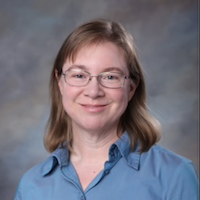Presentation
Introduction to High-Performance Parallel Distributed Computing Using Chapel, UPC++, and Coarray Fortran
DescriptionA majority of HPC system users utilize scripting languages such as Python to prototype their computations, coordinate their large executions, and analyze the data resulting from their computations. Python is great for these many uses, but it frequently falls short when significantly scaling up the amount of data and computation, as required to fully leverage HPC system resources. In this tutorial, we show how example computations such as heat diffusion, k-mer counting, file processing, and distributed maps can be written to efficiently leverage distributed computing resources in the Chapel, UPC++, and Fortran parallel programming models.
The tutorial is targeted for users with little-to-no parallel programming experience, but everyone is welcome. A partial differential equation example will be demonstrated in all three programming models. That example and others will be provided to attendees in a virtual environment. Attendees will be shown how to compile and run these programming examples, and the virtual environment will remain available to attendees throughout the conference, along with Slack-based interactive tech support.
Come join us to learn about some productive and performant parallel programming models!
The tutorial is targeted for users with little-to-no parallel programming experience, but everyone is welcome. A partial differential equation example will be demonstrated in all three programming models. That example and others will be provided to attendees in a virtual environment. Attendees will be shown how to compile and run these programming examples, and the virtual environment will remain available to attendees throughout the conference, along with Slack-based interactive tech support.
Come join us to learn about some productive and performant parallel programming models!
Event Type
Tutorial
TimeSunday, 12 November 20238:30am - 12pm MST
Location407
Distributed Computing
Software Engineering
TUT


